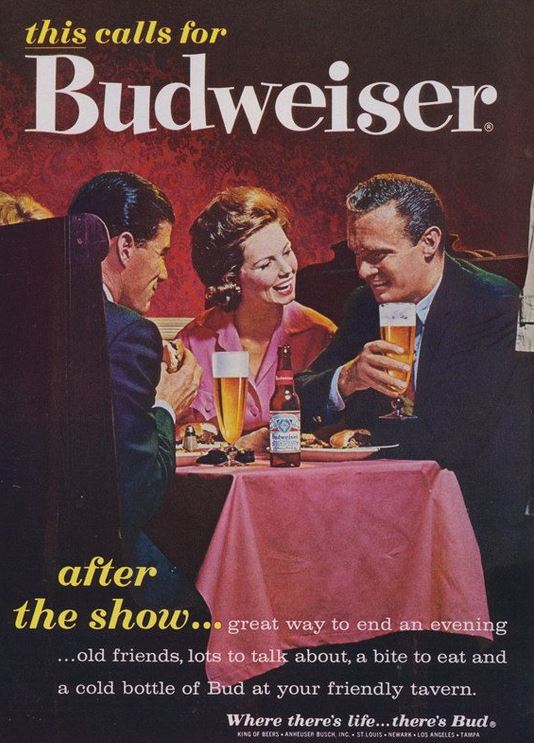Back when I were a young (!) data analyst and retail specialist at The Great Big Research Company, one of my minor clients was Walgreens Drug Stores. (I say “minor” only because I was reporting only on the grocery section of the stores, and not the Rx or even the over-the-counter (OTC) drug or general merchandise products.)
Anyway, I became very friendly with one of the execs, and in one of our conversations she let slip that at that point in time, Walgreens had never — not ever in the history of the company — failed to make a quarterly dividend payment to shareholders. I checked on that, and she was correct. So a couple of years later, once I’d left Nielsen and was managing my own 401k account, I purchased a bunch of Walgreens shares and watched the dividend payments roll in, reinvesting them back into the business for several years.
Then one day I was driving to the local mall, and something stuck in my brain on the way there. I couldn’t figure it out because that’s the nature of such things; but on the way home I figured out what it was.
On the short five-mile trip between the mall and home, I had passed six Walgreens outlets. And all my old retailer instincts came to the fore: Walgreens was, in the industry parlance, over-stored. Granted, this was in Greater Chicago (Chicagoland), where Walgreens’ head office was located, but still…
A short time later I sold all my WAG shares (at a very handsome profit).
Of course, all that was back when dinosaurs roamed the Earth, but I note this recent development (as shared by Reader Mike L.) with interest:
Walgreens is set to close a substantial number of its roughly 8,600 locations across the United States as the company looks to reset the struggling pharmaceutical chain’s business.
CEO Tim Wentworth said on a call with analysts Thursday that “changes are imminent” for the roughly 25% of stores that aren’t profitable and Walgreens’ strategic review will “include the closure of a significant portion of these underperforming stores.”
“We are at a point where the current pharmacy model is not sustainable and the challenges in our operating environment require we approach the market differently,” he said.
Okay, fine, This can and does happen to many a business. But there’s a wrinkle:
Wentworth said the closures would focus on locations that aren’t profitable, too close to each other or stores struggling with theft.
The first two phenomena are common, while the third… well, let’s just say that unless I miss my guess (but I doubt that I do) a whole bunch of inner-city Walgreens outlets are going to be boarded up because of undocumented product movement. And those areas are going to become not only “food” deserts, but “medication” deserts as well. (The other kind of “medications” are firmly established there, of course.)
And by the way, Wentworth is a seriously smart cookie — unlike so many other corporate CEOs of recent vintage — so if he can’t get the existing show to work, it’s a safe bet that nobody in the industry can.



